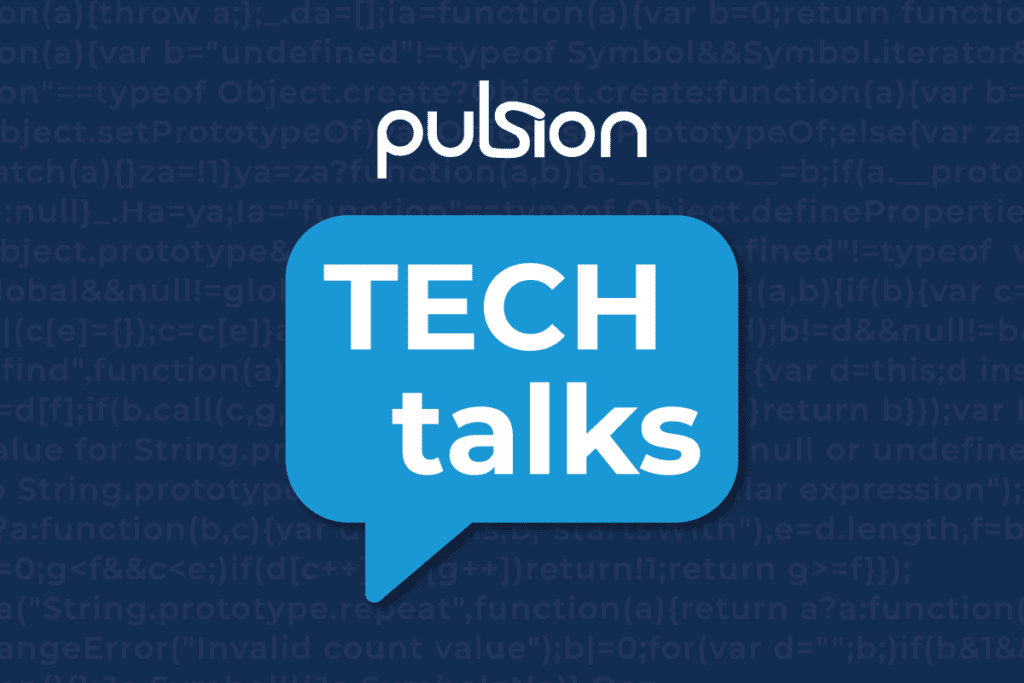Artificial intelligence (AI) is certainly a very popular topic in tech at the moment. But it is unlikely to be a fad. Instead, it is likely to be the future of software and business. With that in mind, we consider the AI industry in Scotland and its future.
Scotland’s Tech History
Nicknamed Silicon Glen in the 1980s in reference to Silicon Valley in California, Scotland’s tech industry was primarily spread across the central belt to include the cities and areas surrounding Glasgow, Edinburgh and Dundee. Starting in the 1940s, with traditional manufacturing industries such as shipbuilding in decline, tech companies moved into Scotland for their manufacturing. Electrical engineering and equipment company Ferranti moved to Edinburgh in 1943, and 10 years later in Greenock IBM opened a manufacturing facility (Itek House, 2022). Then the flood gates where open. From the 1950s to 1970s the companies moving or opening facilities in Silicon Glen include Hughes Aircraft (now Raytheon), Elliot Automation, National Semiconductor, Motorola, Compugraphic, Micronas (Itek House, 2022). By 1996, Silicon Glen was employing 55,000 people, manufacturing 35% of Europe’s PCs and 12% of the world’s semi-conductors (Scotsman, 2007).
Then came the decline in the early 2000s. Companies including Motorola, Hewlett-Packard, Inventec, Chunghwa Picture Tubes began closing facilities or downsizing (Scotsman, 2007). Between 1998 and 2006 there was over 20,000 job losses, or 40,000 suppliers and related businesses are included (Scotsman, 2007).
But this was not the end of Scotland’s tech industry. Instead focus has moved from attracting foreign businesses to encouraging local Scottish businesses and diversifying from the focus on manufacturing (UKTN, 2022).
With AI growing in prominence, ability and application, perhaps we will see the resurgence of Silicon Glen.
Scottish AI Alliance and Scotland’s AI Strategy
In March 2021 Scotland’s AI Strategy was launched. The strategy’s purpose is to work towards Scotland being a leader in developing and using trustworthy, ethical and inclusive AI. The actions the Strategy outlines towards this are three parallel tracks:
- Track 1 – establish collective leadership through the Scottish AI Alliance
- Track 2 – create the foundations for success
- Track 3 – build an AI Powerhouse
The responsibility for delivering Scotland’s AI Strategy falls to the Scottish AI Alliance, a partnership of the Scottish Government and The Data Lab.
AI in Scotland
There are many industries throughout Scotland embracing AI. We have selected a few to look at in greater detail.
Health & Social Care
The important impact AI could have on the future of our healthcare is undeniable. With increased life expectancy and ageing populations, the burden will only increase on healthcare. But AI can help. Our blog AI in Healthcare goes into greater detail on this topic.
Examples of AI in healthcare being used in Scotland include Aberdeen Royal Infirmary’s trial of AI scans of mammograms (using the AI model MIA developed by London based Kheiron Medical Technologies) (Cieslak and McMahon, 2023).
There is also The Industrial Centre for Artificial Intelligence Research in Digital Diagnostics (iCAIRD). iCAIRD is a collection of over 30 Scottish partner companies with research hubs in Glasgow’s Queen Elizabeth University Hospital and Aberdeen Royal Infirmary NHS Safe Havens (iCAIRD). iCAIRD’s objective is to bring together clinicians, health planners and industry, with a focus on applying AI to digital diagnostics to address healthcare challenges (iCAIRD). They currently have over 30 research projects across radiology and pathology, including chest x-ray triage, acute stroke, breast screening, and endometrial and cervical cancer (iCAIRD).
Tourism & Hospitality
Tourism and hospitality is another area which could be aided by AI due to their staffing shortages. Improving the experience of staff by using AI to automate undesirable tasks and other technology in training, scheduling and management, all to improve staff retention (Reid, 2022).
Construction
Project Scotland (2023) conducted interviews with several stakeholders from across the construction industry to understand their view on AI in construction. Interviewees were representatives from across construction, including architecture, timber, contractor, plumbing and connectivity. The following uses of AI in construction were identified:
- Generative AI in design, architectural drawings, visualisation and 3D models
- Improve efficiency and safety
- Address skill shortages and low productivity
- Monitoring equipment performance, predict maintenance needs and asset failures
- Analyse project progress against the schedule
- Using 360° cameras on hard hats, stitching the images together and AI analysing this to determine a completion percentage
- Analyse images to identify health and safety hazards
- Streamline administrative tasks – resource allocation, project planning and inventory management
- Improve construction site robotic equipment
- eg. understanding terrain and changing environments
- Complete repetitive tasks so humans can undertake more interesting and diverse work
Conclusion
With the majority of employers (57%) and workers (56%) in Scotland believing AI in the workplace should be embraced and will have a positive impact, and most other employers (34%) yet undecided (Walker, 2023), there is a recognisable appetite for AI. Scotland has a strong tech industry which could be further enhanced by AI development. And, as Mark Byrne, Head of Applied Intelligence at Accenture, highlighted in an article with DIGIT, the impact AI has is not constrained to a single industry. For example, Byrne discussed applications in finance and fintech, North Sea Oil and gas, local governments, and climate change analysis.
If you are curious how your business could benefit from AI, then contact us for a free consultation.
Read more about our Artificial Intelligence and Machine Learning services.




